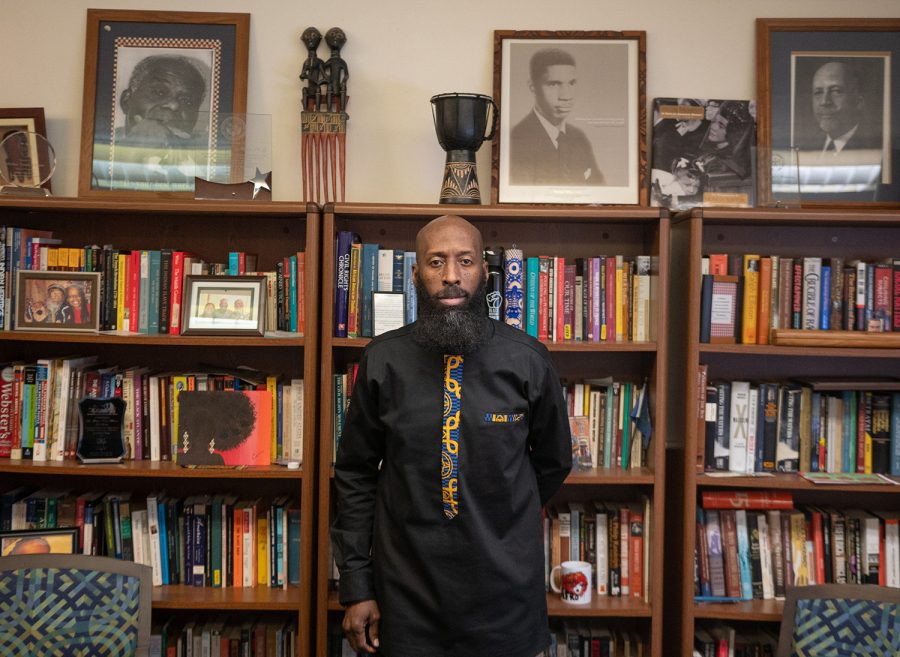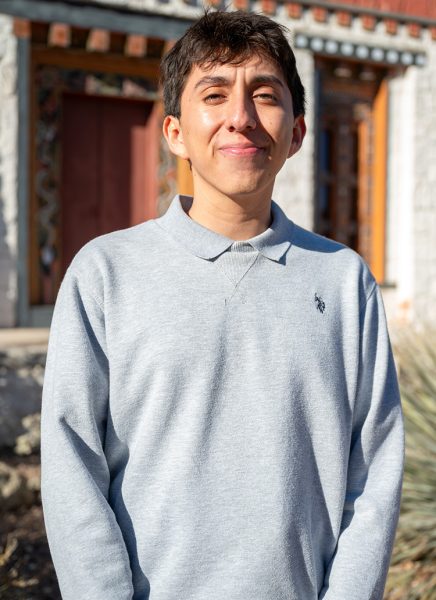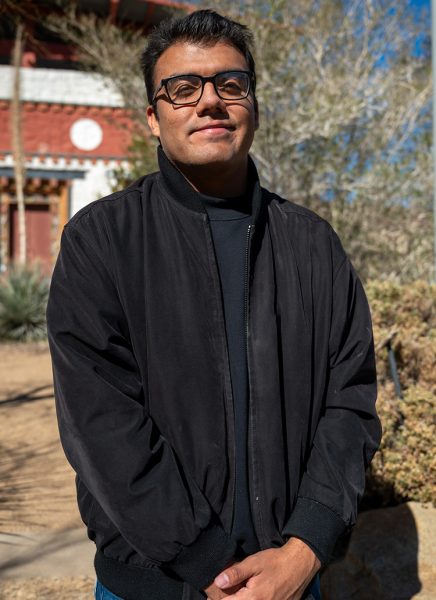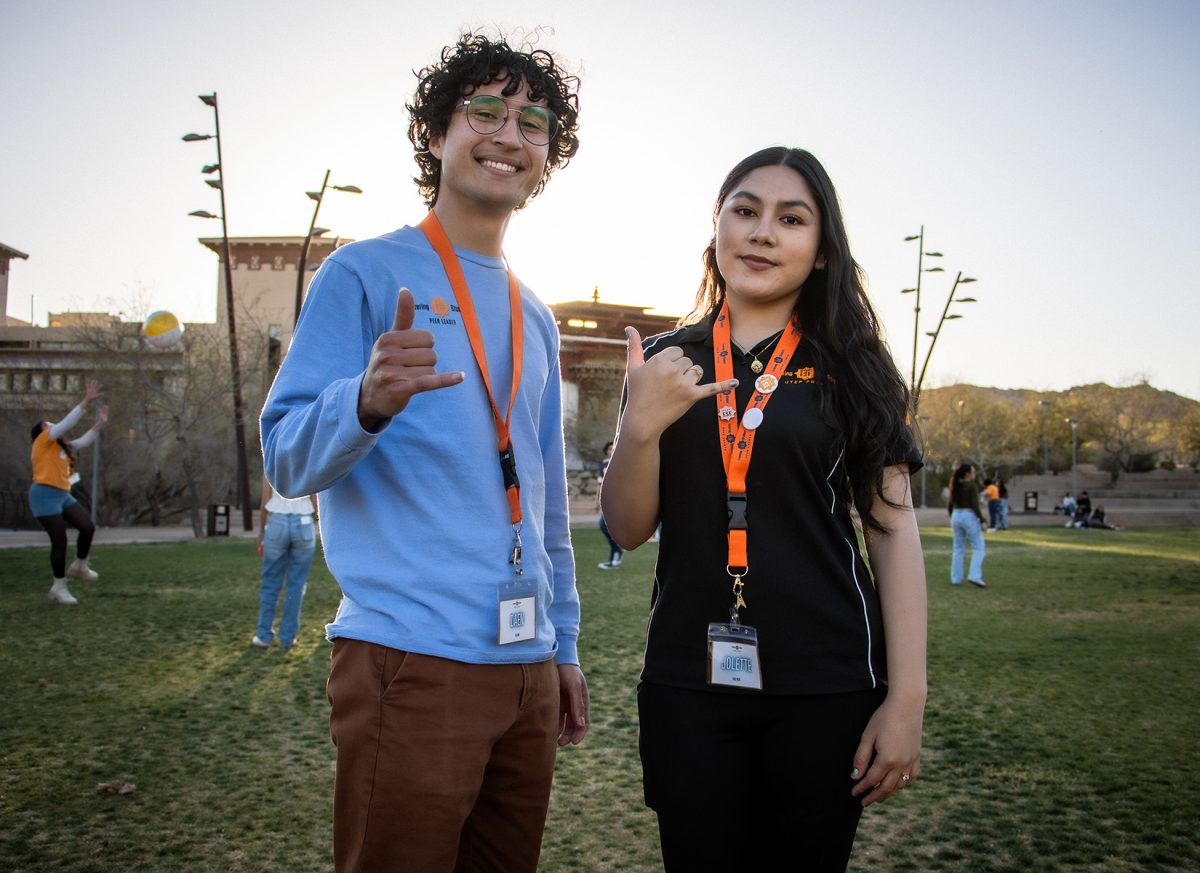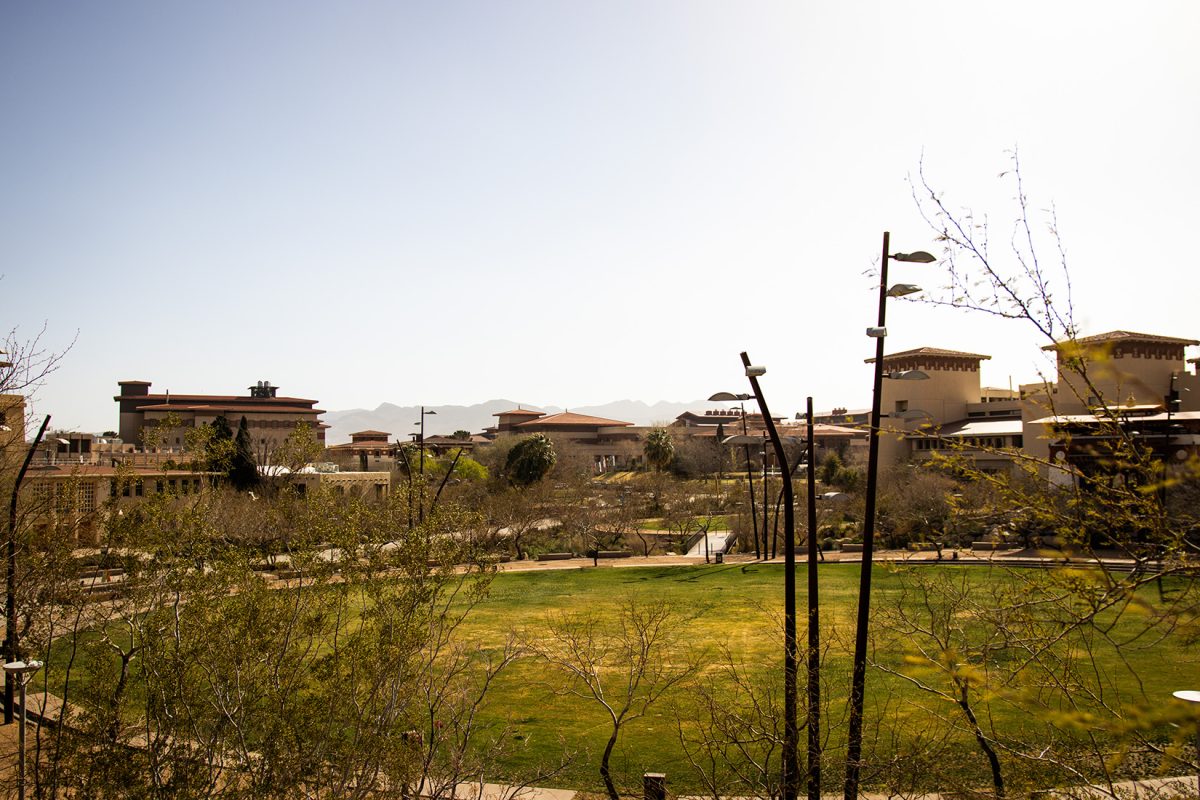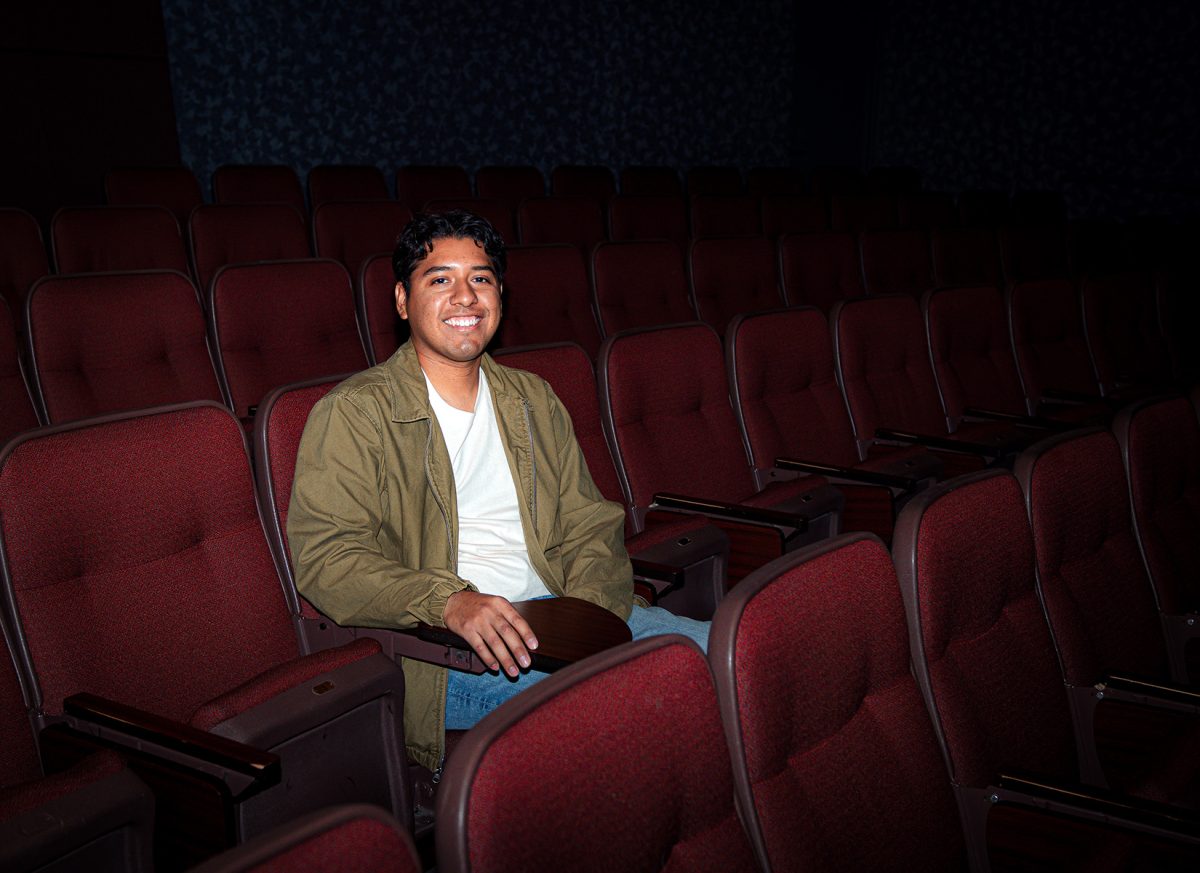With visionary professors and a dedicated director, the African American Studies Program helps transform a student’s educational experience and provides meaningful community engagement while immersing them in the world of Black culture and history. This is one of the many things that some people would describe about this fantastic program that UTEP has to offer.
The program was founded in 1996, offers a minor and consists of 18 semester hours with three required courses which students can combine those hours with other upper-division classes. The fun does not stop there as the program also offers a variety of opportunities for its students to get actively engaged within the community and can use those hours as credit hours to help finish their minor.
Michael Vinson Williams, Ph.D., has been the program’s director since 2016 and is also a professor in the History Department at UTEP. Hardworking Director Williams thinks the program has plenty to offer its students and is a real opportunity to learn about the African and African American experience.
“Through our classes and study abroad, our students really get to have the opportunity to have a hands-on experience with that,” Williams said. “Our students also have the opportunity to really understand how the African and African American experience also bridges and connects with other cultures as well.”
Students enrolled in this program gain a deeper understanding of what this bridge or link might look like, the challenges different cultures face, and even how to see themselves due to the program’s classes.
Throughout college, some students study abroad and connect and experience different cultures. For those students looking for that enriching experience, the African American Studies program has plenty of opportunities and resources for those students, as, in the past, the program has sent many of its students to study abroad.
UTEP has a Hispanic demographic and enrolling in this program helps students connect with different cultures and their experiences. Williams thinks this has helped elevate the program and its students.
“This program gives students the opportunity to see something different, in terms of culture,” Williams said. “To understand historically and culturally what African Americans and African descent have not only gone through in terms of social injustice and its social inequalities but also what they have brought to the table.”
These students learn more about the black experience, understand what they have been through, and appreciate and value their culture and history, it can sometimes lead them to discover more about the black experience in their families.
That is one of the many aspects that this program has to offer, William thinks it is significant as it can bring out those conversations in a supportive environment where everyone is growing and learning through this process together.
“In our classes, gives our students the space to discuss those type of issues, it gives them the tools to better understand what is happening in society,” Williams said. “It really does open doors for deeper learning and understanding.”
Being in this program can be considered by some as a learning exchange as this program not only talks about the black experience, but these classes also dive into what the Mexican American life may look like or what the Hispanic experience life looks like; this program can be a strong platform on having those discussions.
Being a proud advocate for community engagement, Williams has a passionate vision for the program and what it can do for UTEP students and the community.
“I wanted to center the African American Studies program, not only on this campus but also in the community,” Williams said. “My vision for this program is that it will address the needs of both academic but also social and cultural needs of our students at every level.”
Having distinguished scholars share their passion and visions with students in these classes to a very actively engaged community, anyone interested can enroll in the program or can chat with Williams in his office located at the Liberal Arts building room 401 to discuss a little more about the program.
Erik Acosta is staff reporter and may be reached at [email protected]


